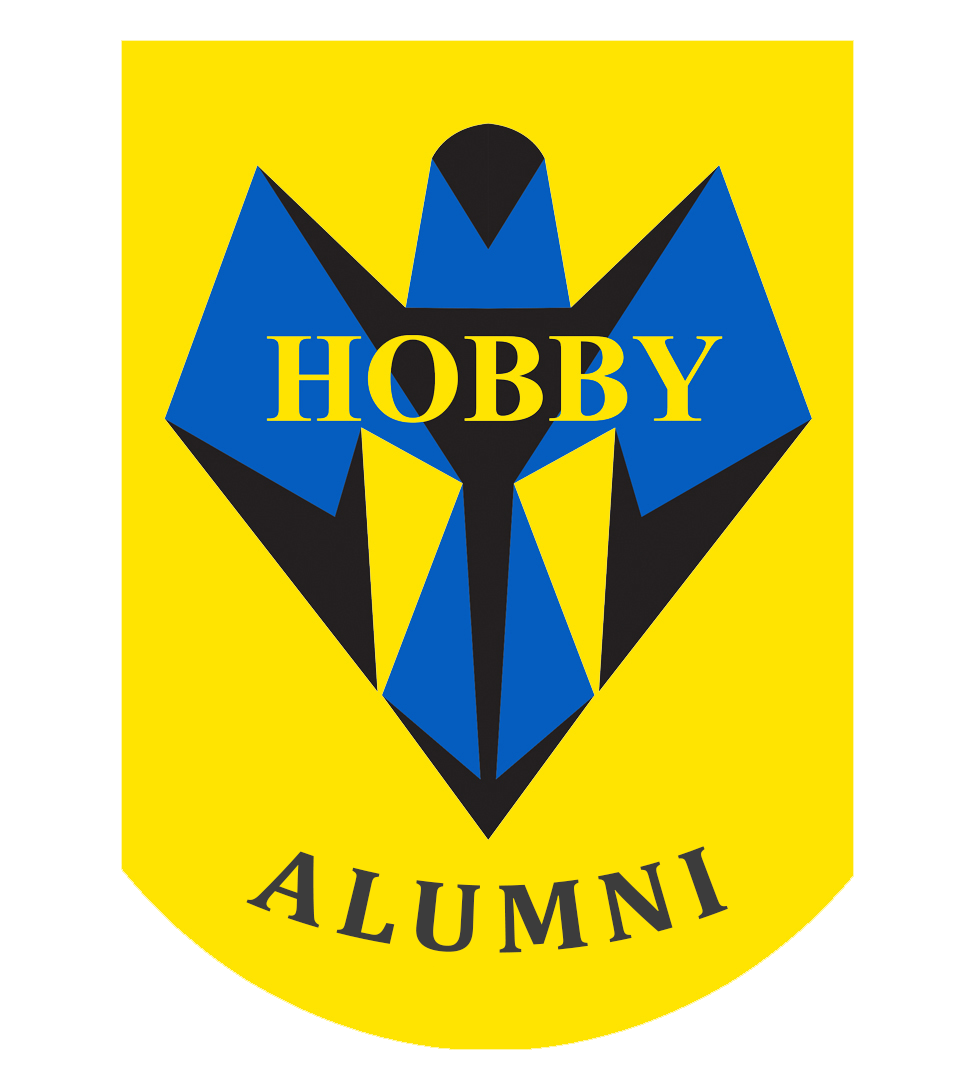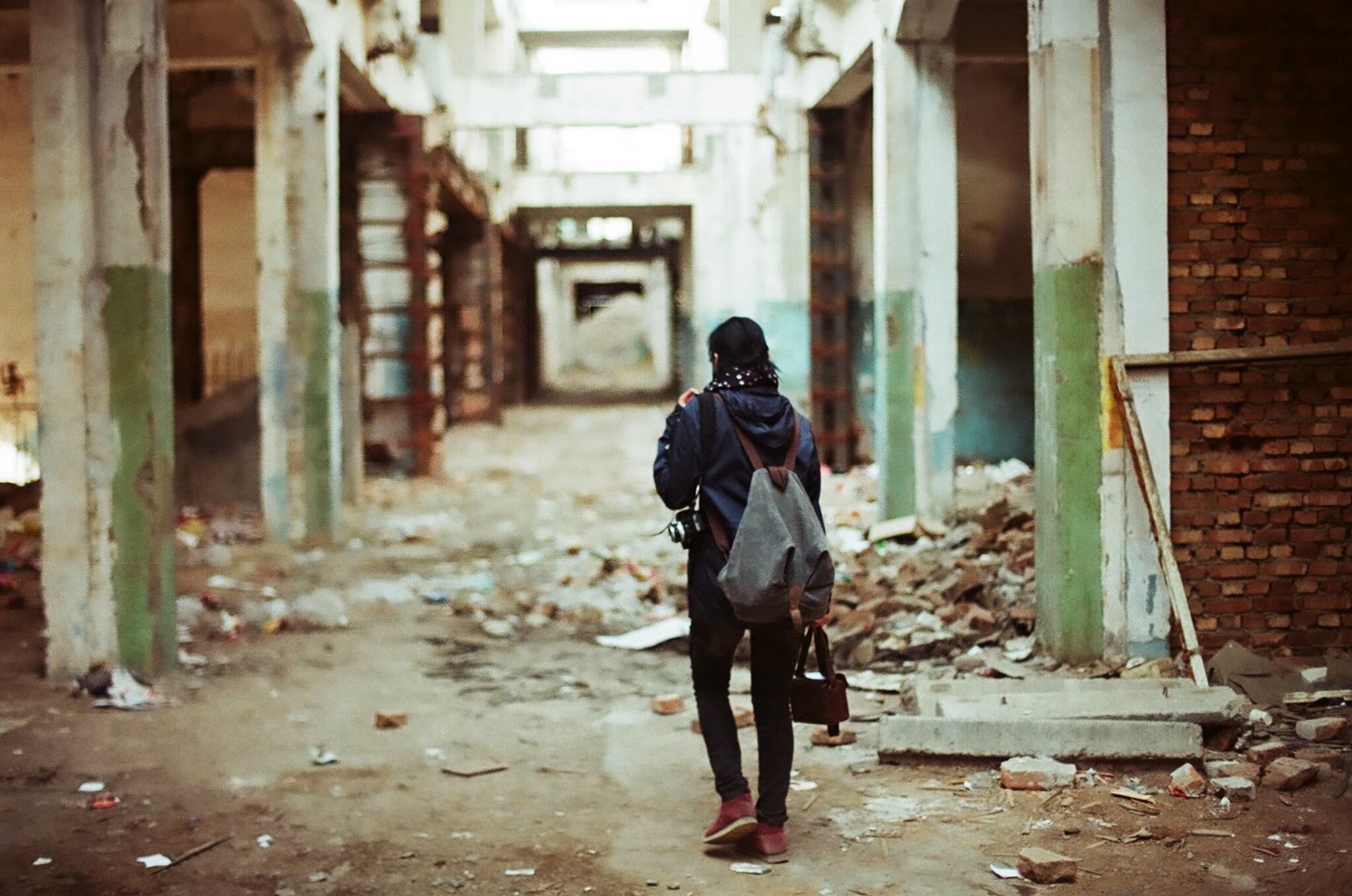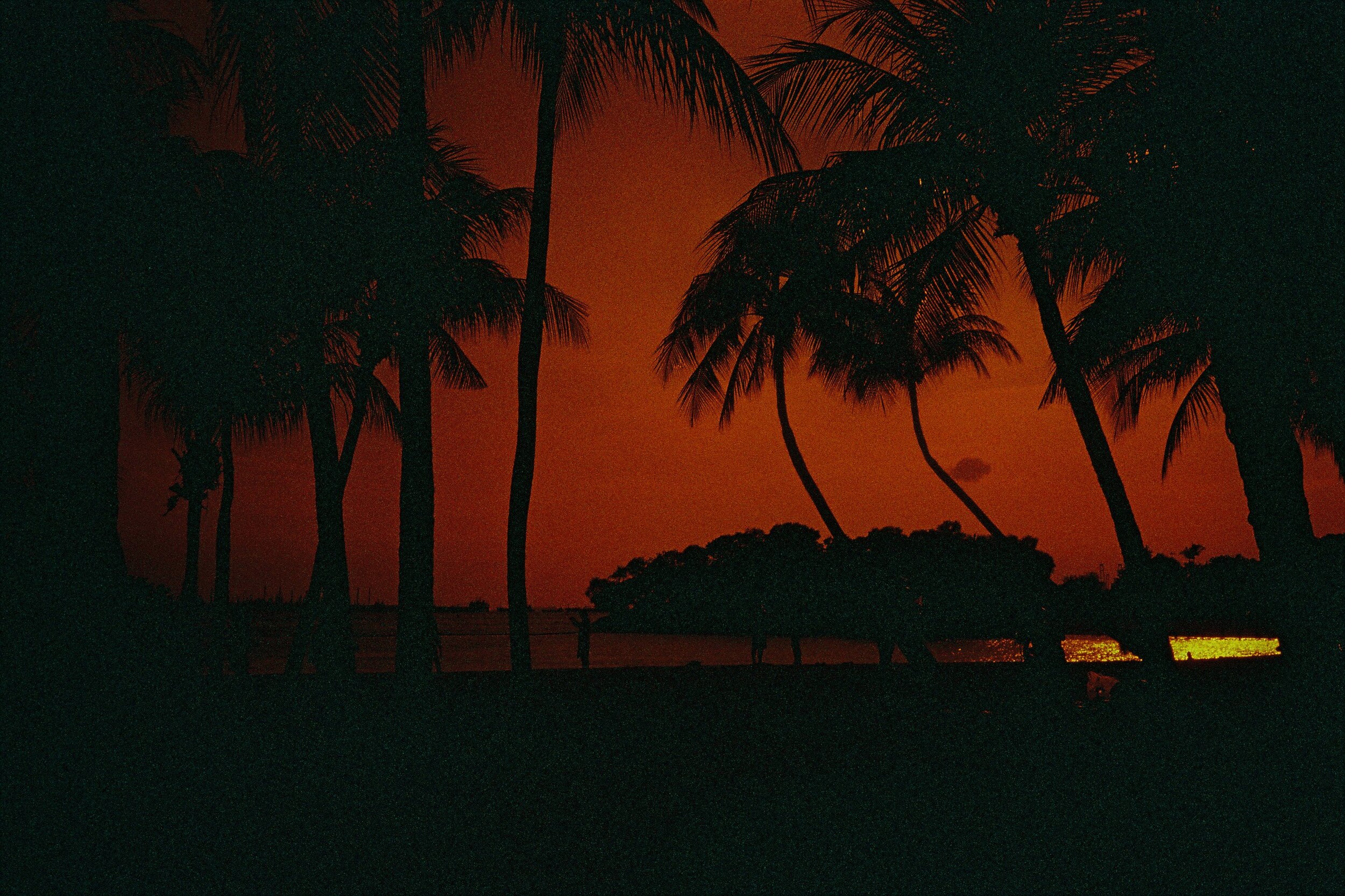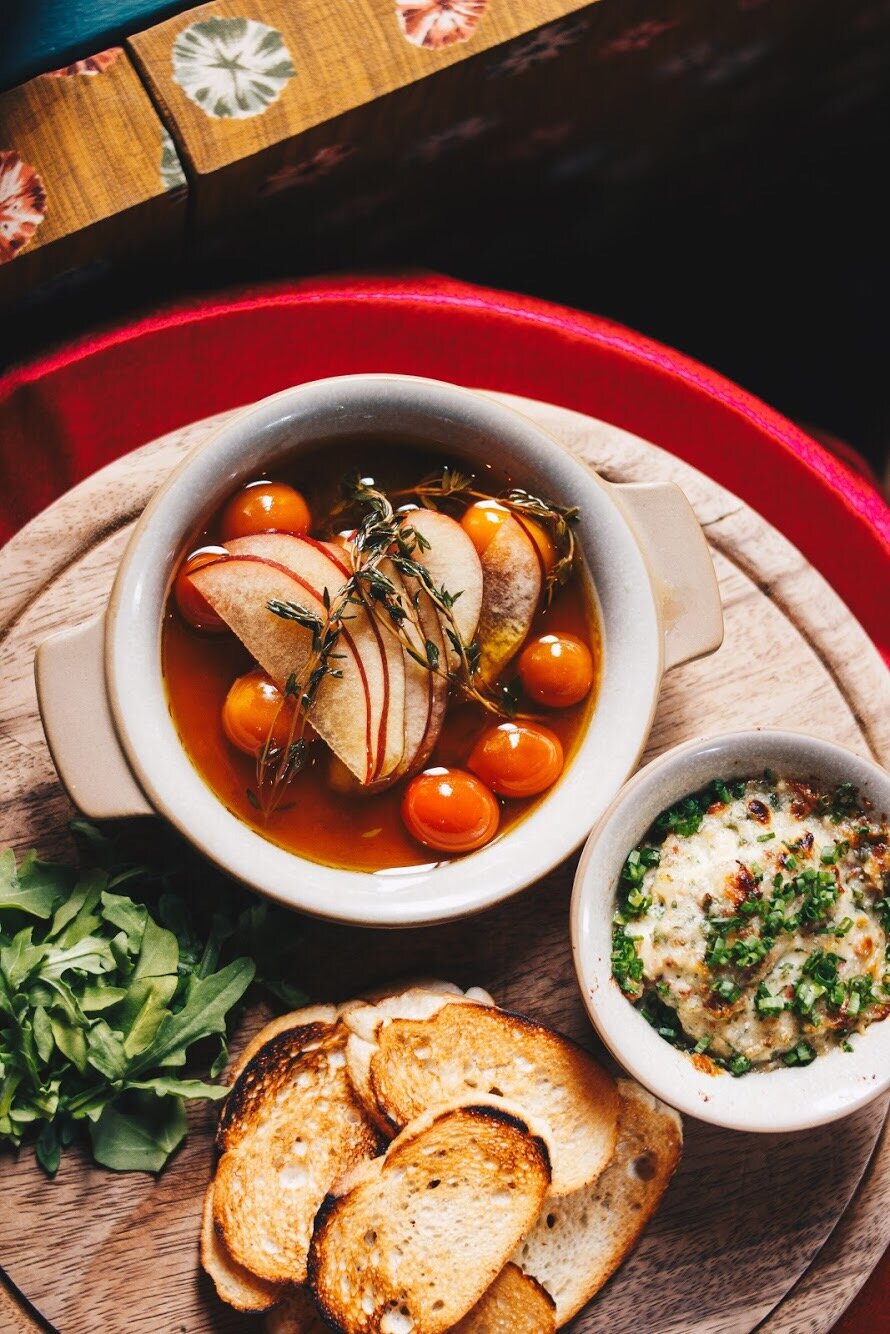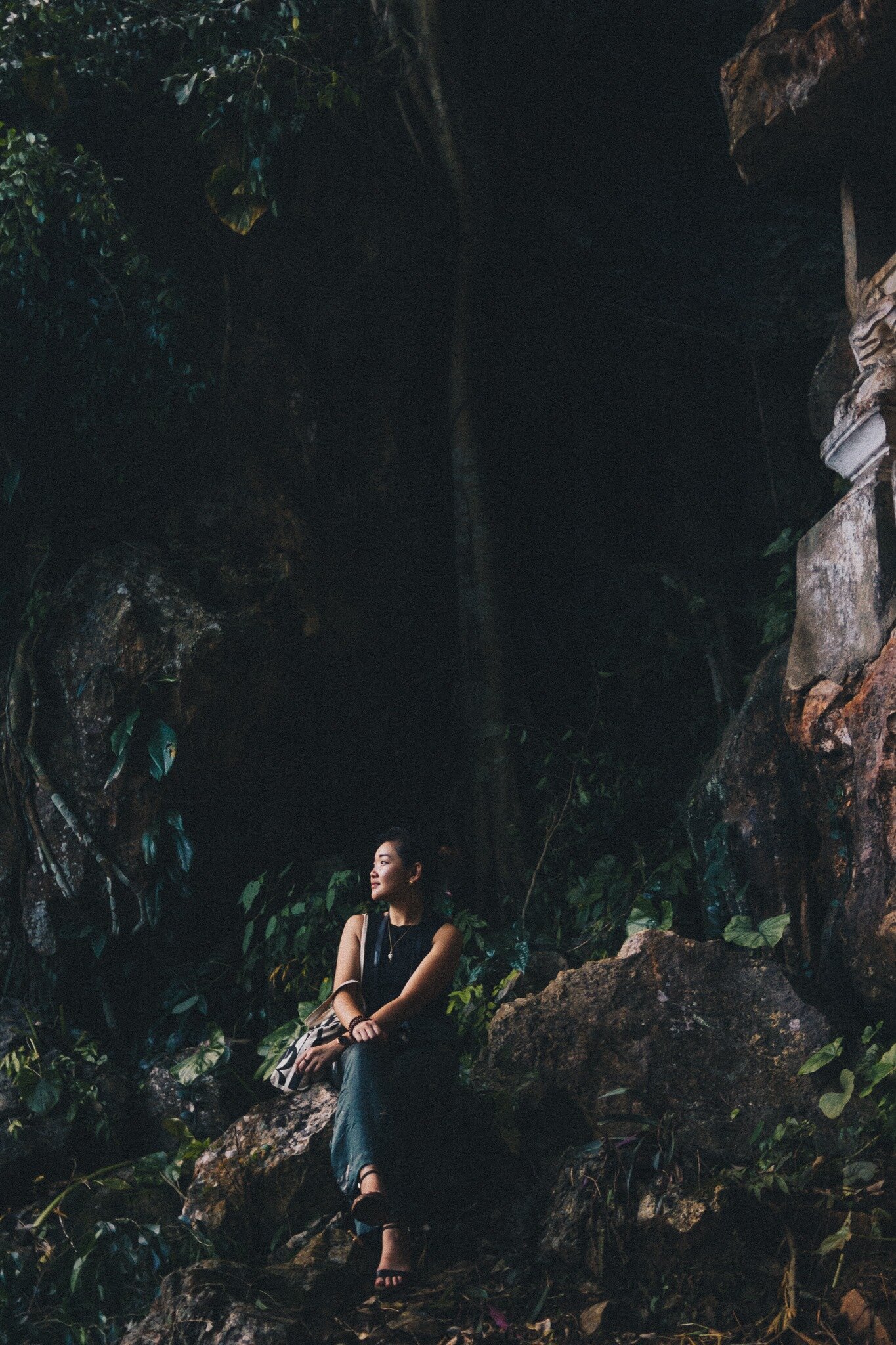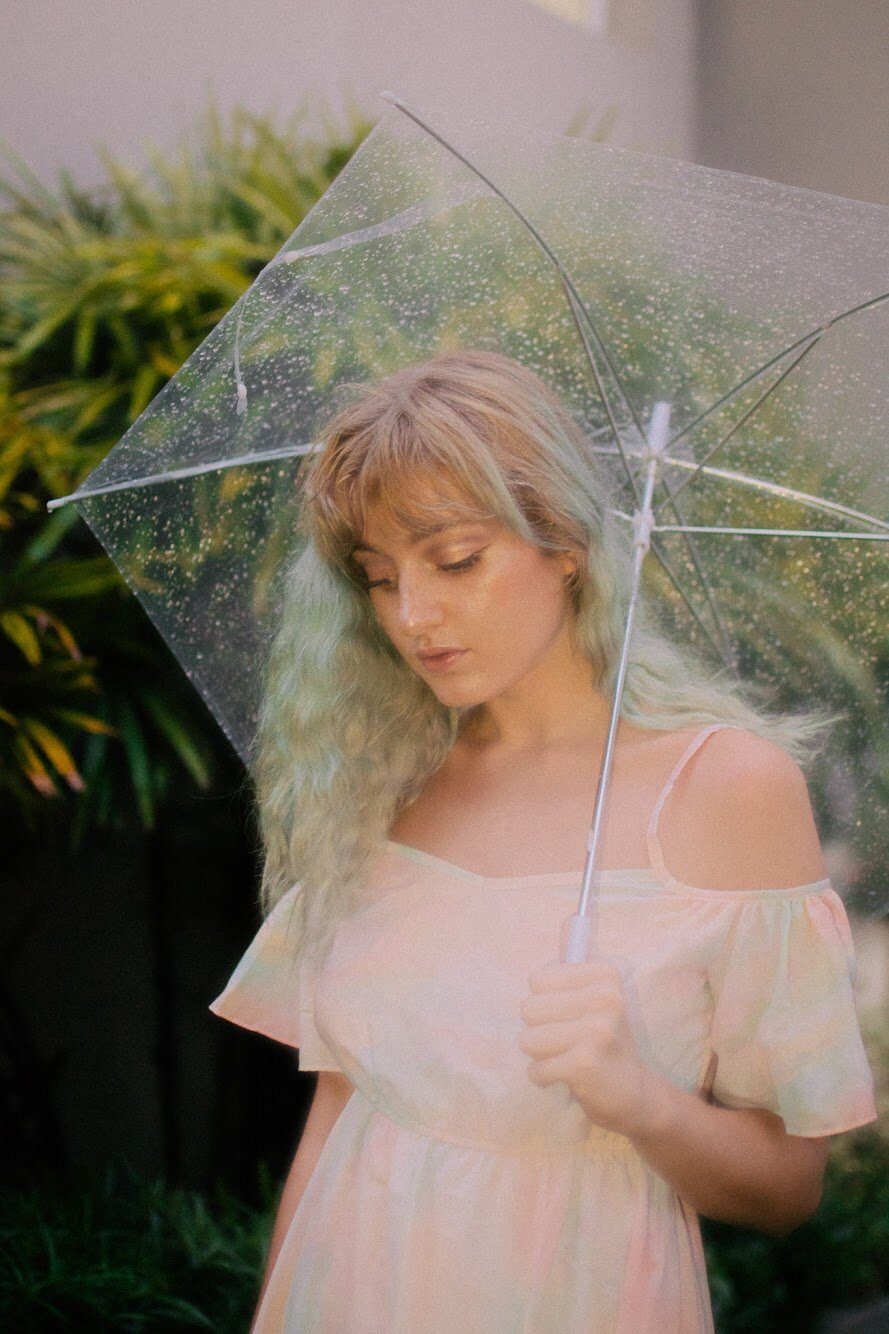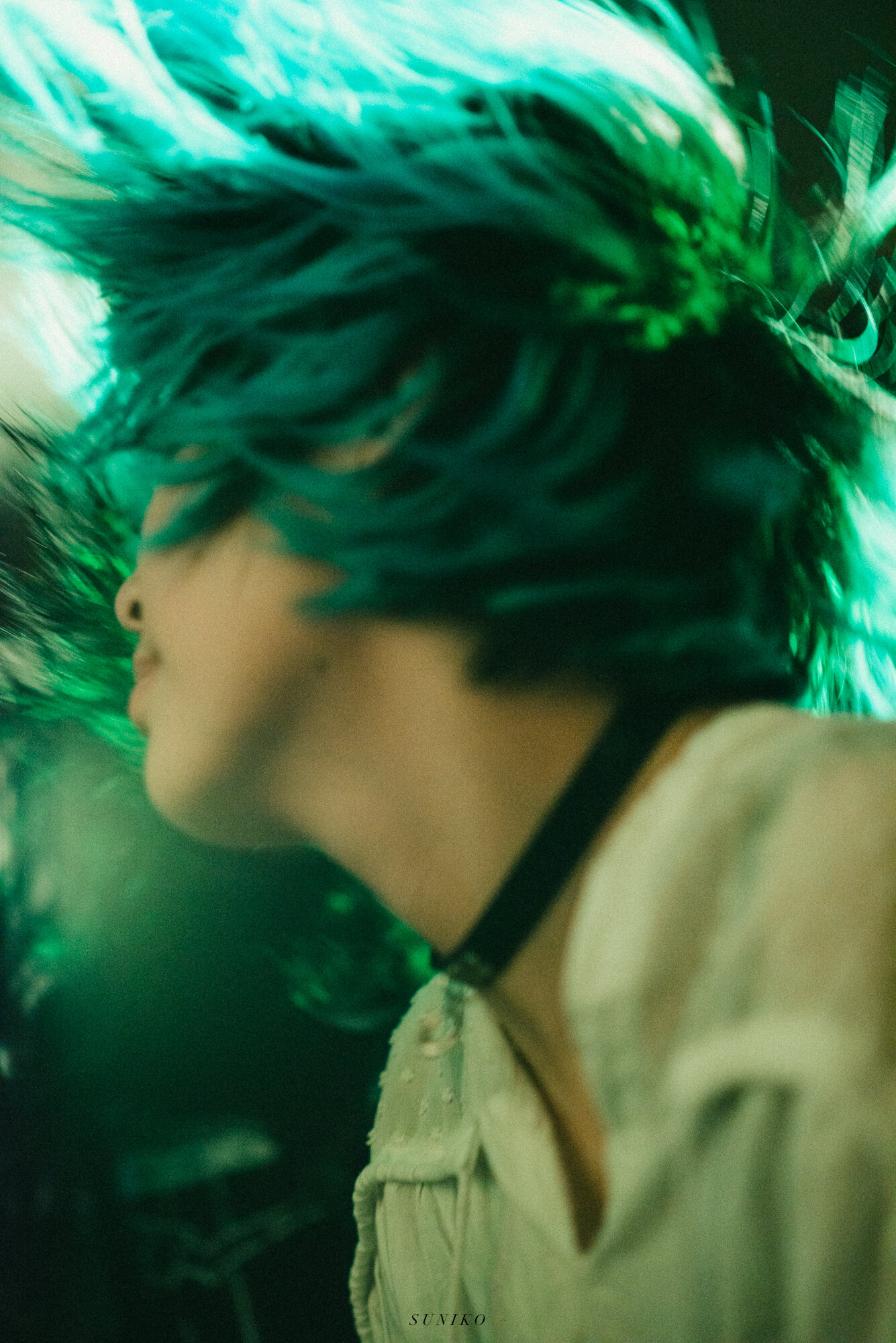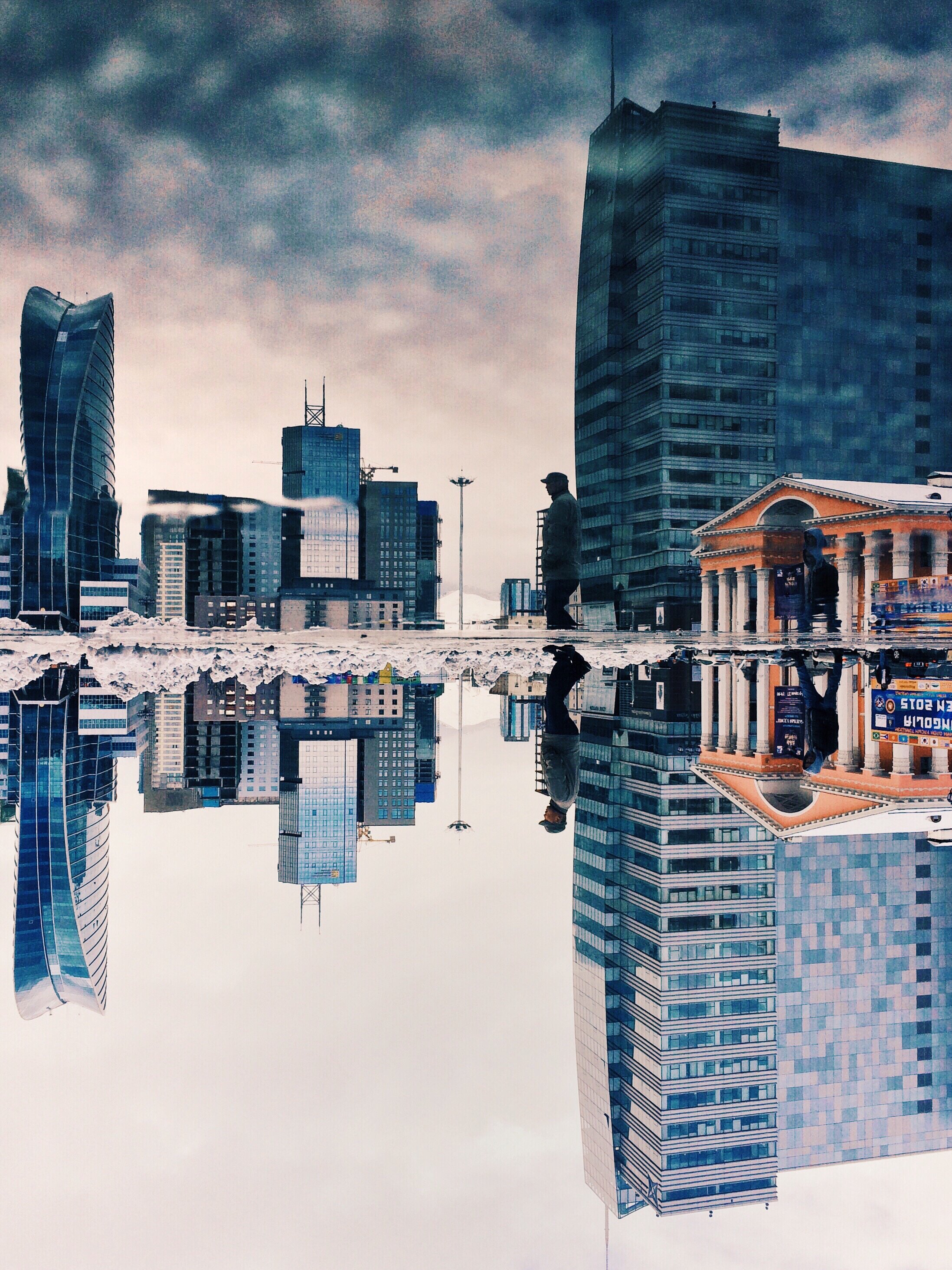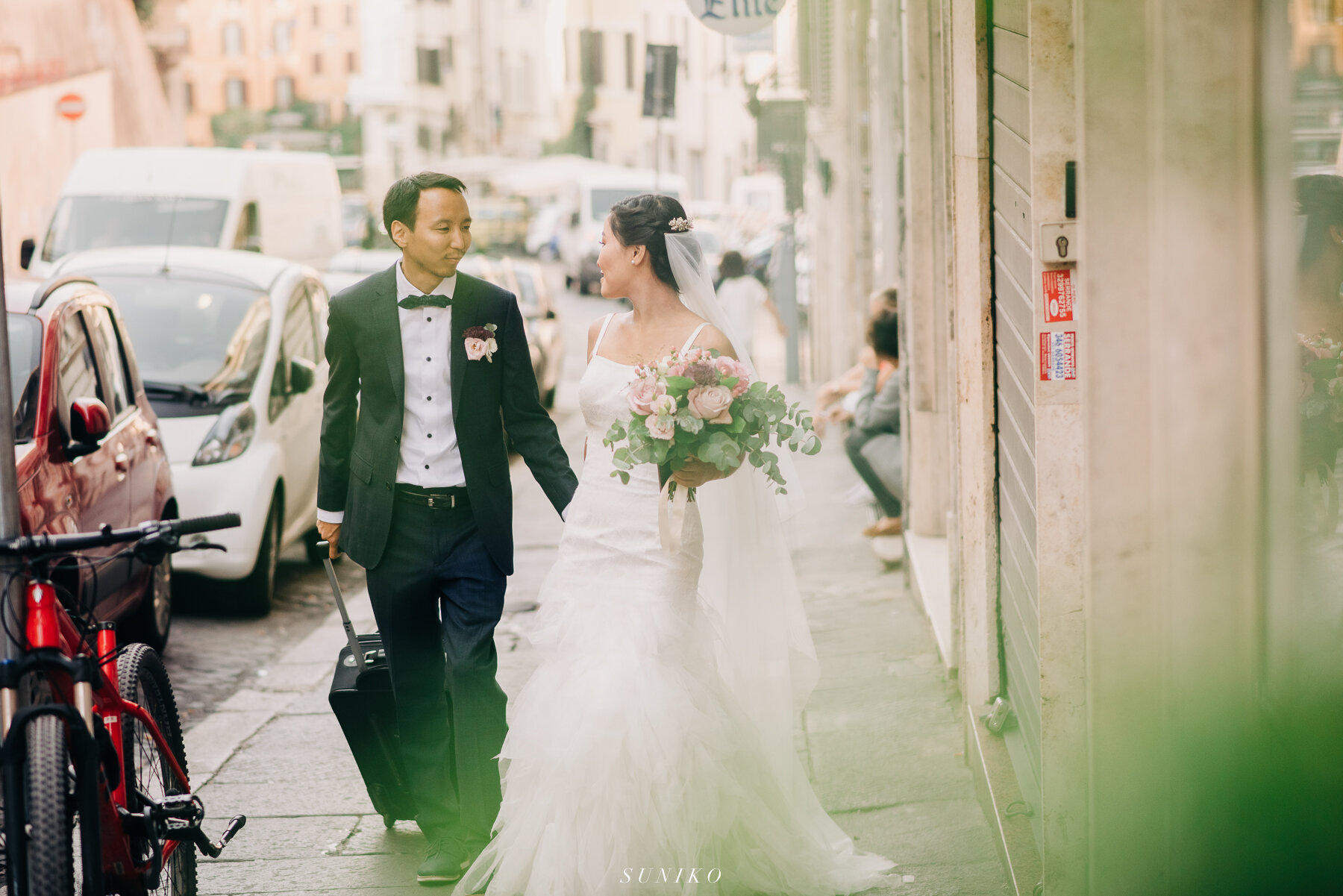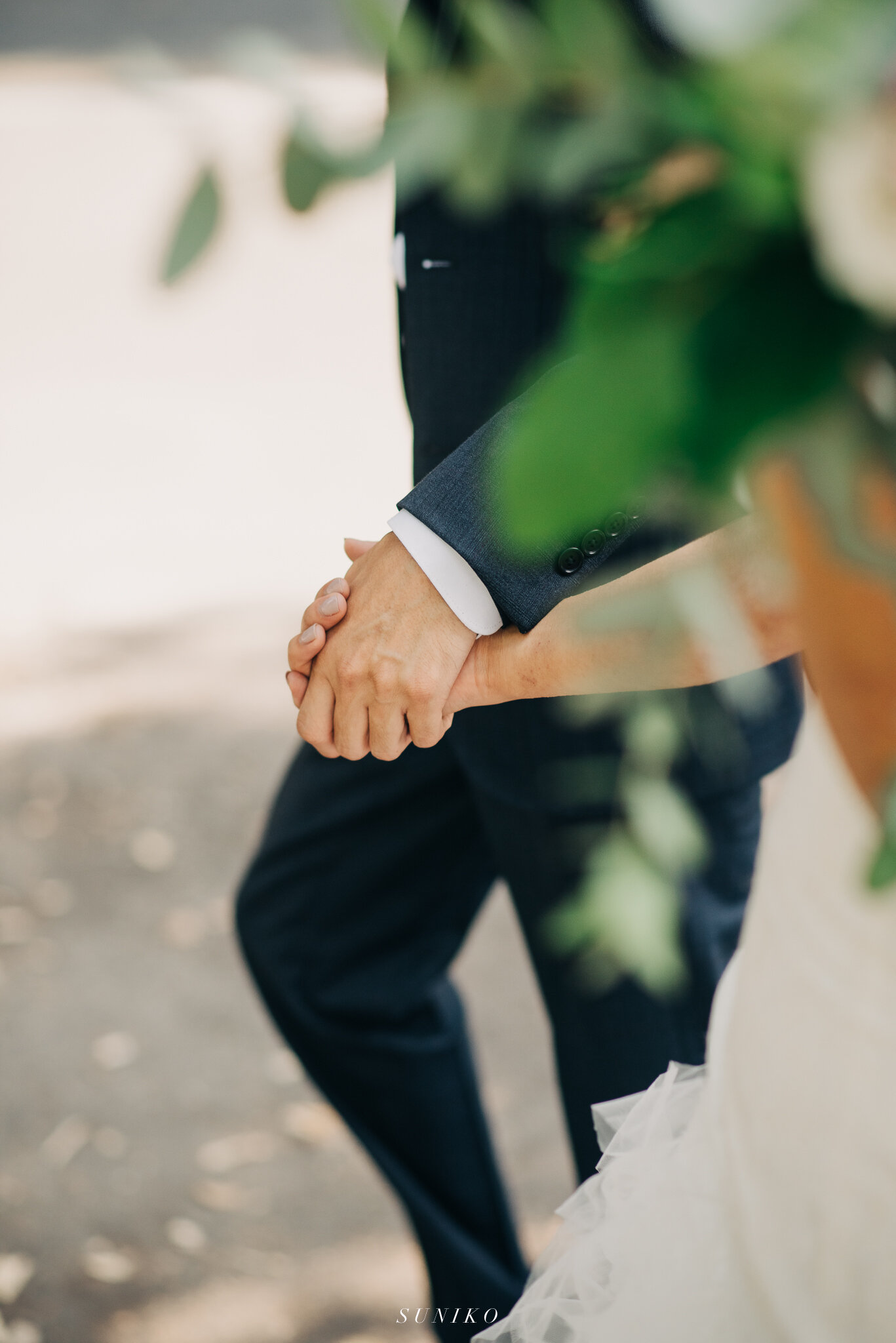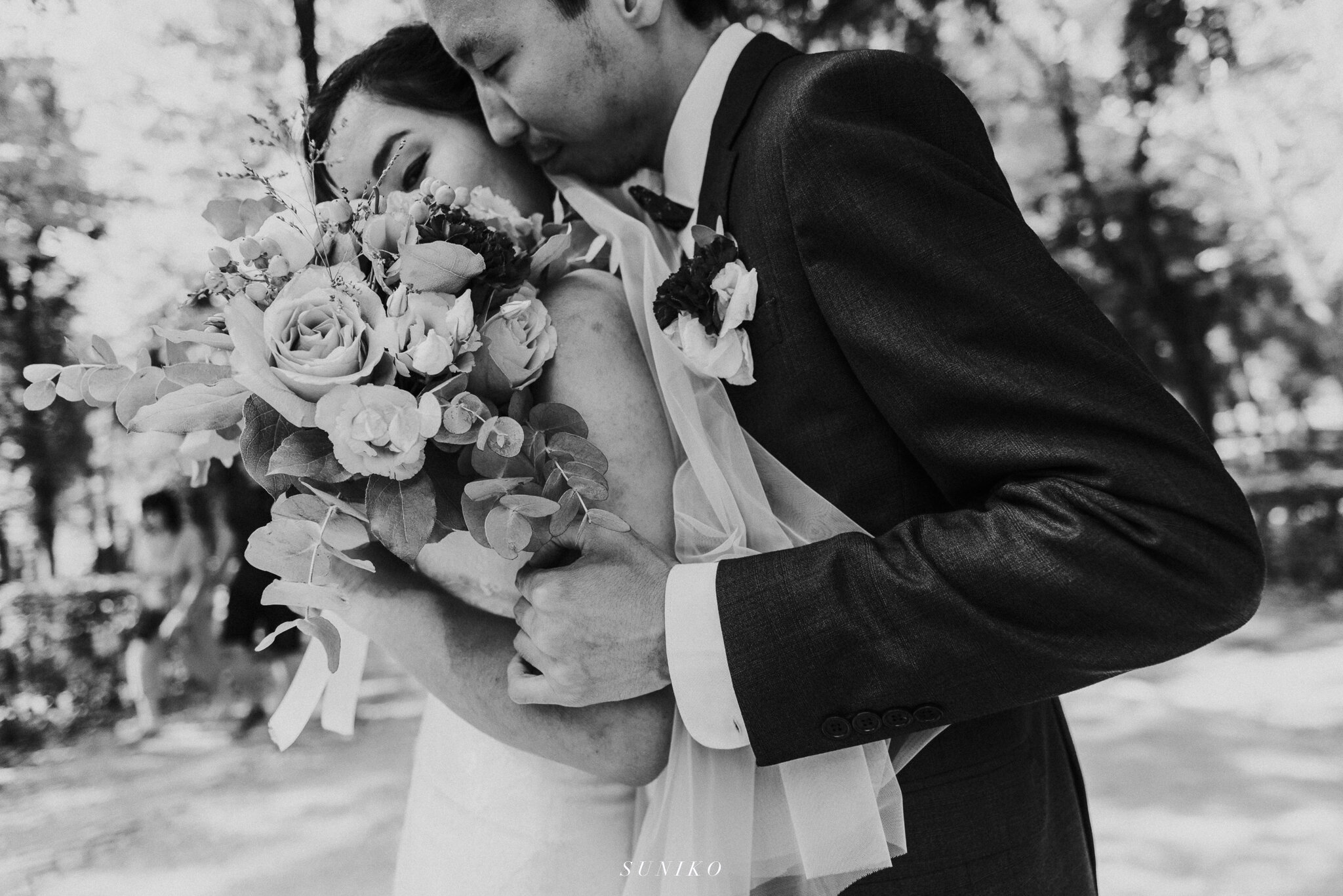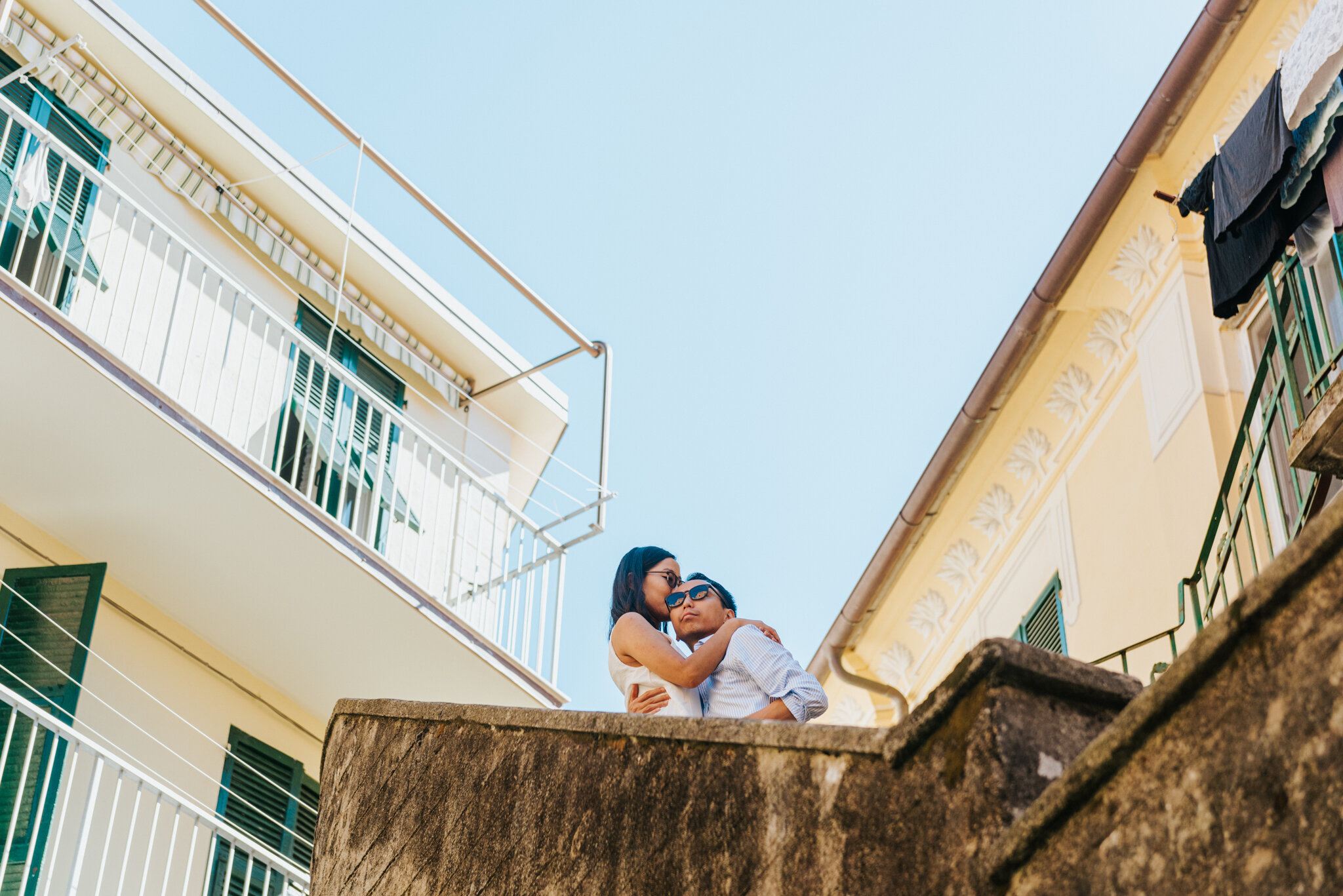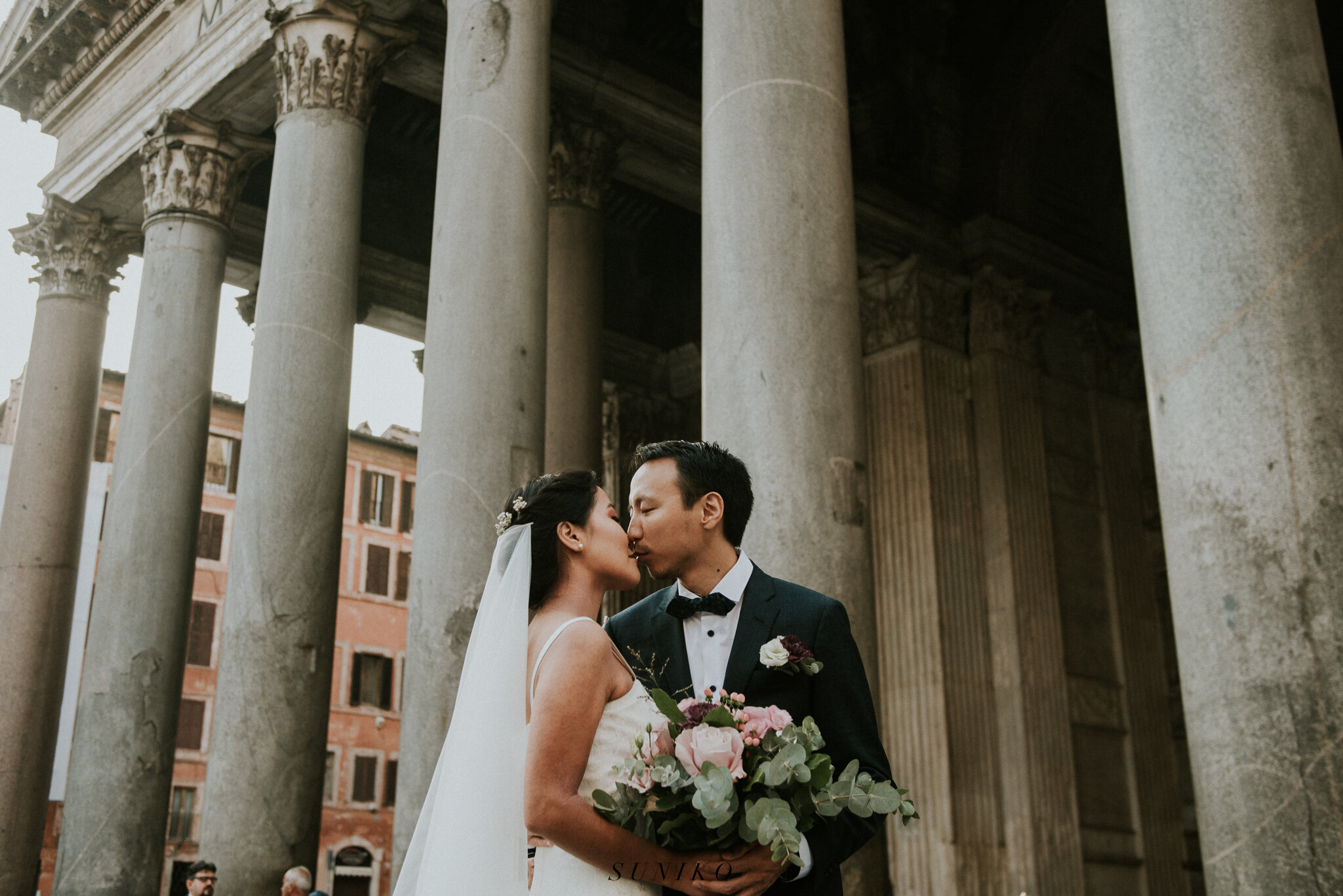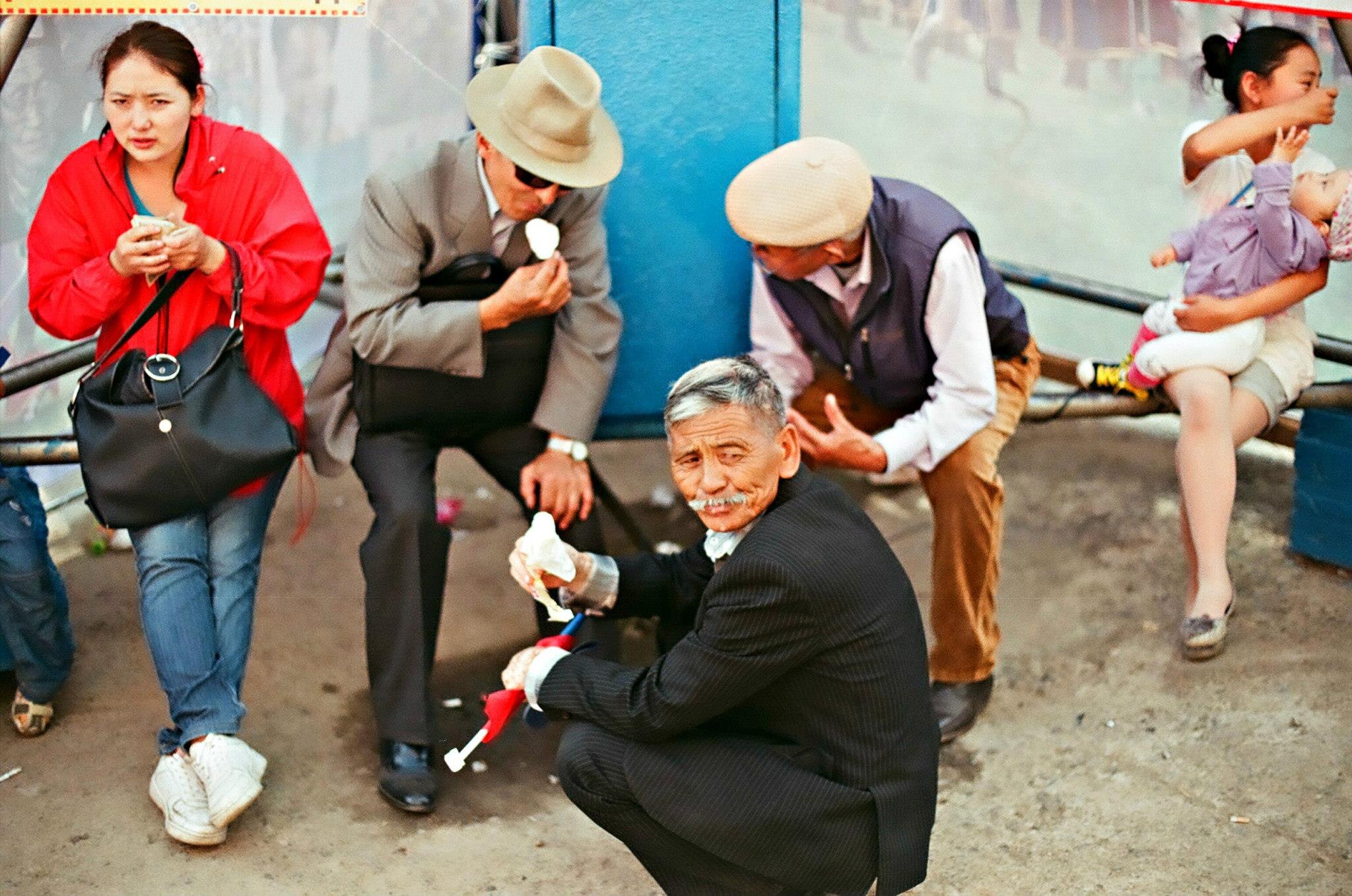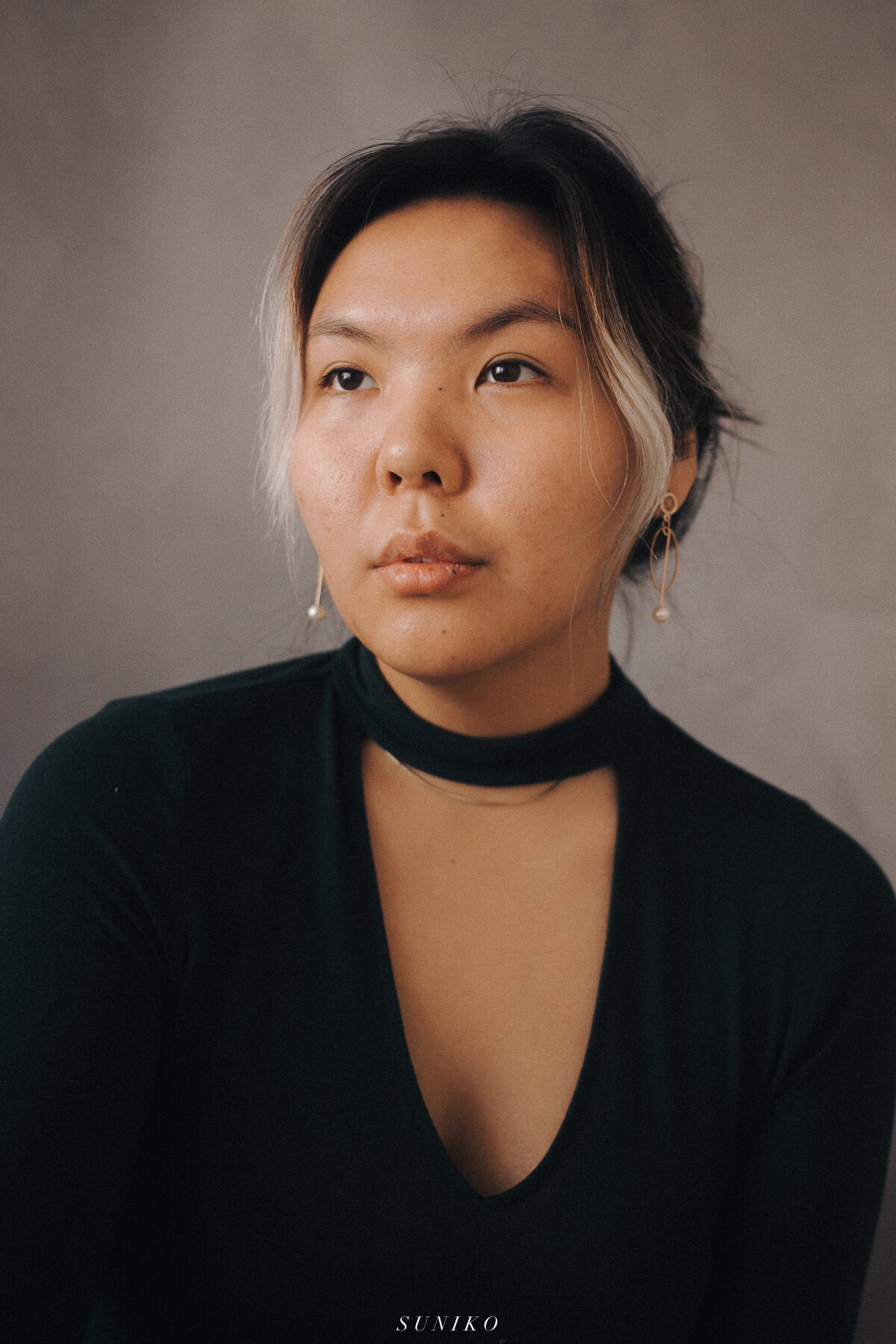SUNIKO Bazargarid, Photographer at UB Life - On shaping her life as a creative, on her own terms
Photo by Ariunbat Ganbat
By: Nomko Baatar, Oyungerel Munkhbat
Get to know Dolgorsuren (Suniko) Bazargarid (Class of 2013), a photographer at UB Life and Gereg Magazine, who dropped out of community college in the US to explore how she could pave her own way as a photographer, starting from taking photos with her iPhone 5 in 2013 and becoming one of first featured users by Instagram, to getting formal design training in Singapore and establishing herself as a sought-after photographer in Bangkok, Thailand and UB, Mongolia.
Full name: Dolgorsuren Bazargarid
Hobby Alumni: Class of 2013 (Years attended 2011-2013)
Higher Education: Bunker Hill Community College, Boston, MA, and Orita Sinclair School of New Media, Singapore
Languages: Mongolian, English
Sector(s): Media, print, art, food & beverages
Current Workplace: UBLIFE / Gereg magazine (Unlimited Media Group), Bharmoney, Hobby School Alumni Association, Suuder, Freelance
Past Workplaces: Various restaurants in Boston, Androidsinboots Singapore, Wedu Bangkok
Current phone: iPhone 12 mini
Countries lived in: Mongolia, United States, Singapore, Thailand
Frequented Website: Wetransfer / Wepresent, Google, Youtube
3 Favorite Restaurants or Coffee shops in UB: Fat Cat Jazz Club, Sizzle 51, Green Zone
3 Movies or TV-Shows To Recommend: Brooklyn 99, People Watching by cracked (on YouTube), Abstract: The Art of Design, Midnight Gospel
3 Songs You Are Listening To Most Right Now: I’ve been breathing the new album Peace or Love by Kings of Convenience this past summer. Also JustPiano and Ylang Ylang EP (Live Session) by FKJ.
3 Apps To Recommend: Spotify, Tiktok, SwiftKey
3 Podcasts To Recommend: The Moth, Invisibilia, The Journal by WSJ
3 YouTube Channels To Recommend: Jamie Windsor, Late Night Tales, Screened
Education
How did it feel when you first transferred to Hobby?
I moved to Boston with my mom and sister in 2006, and I hadn’t returned to Mongolia until 2011 when I moved back to graduate from high school. So I faced some language barriers because during those 5 years I had practically forgotten the language. It was hard to communicate with my teachers, but my classmates knew English, which made it easier to adjust to. By grade 11, I had adapted fairly well. I think it’s good that I transferred to Hobby rather than another private international school because I wouldn't have developed my Mongolian (and cultural understanding) as much.
What was it like when you first returned?
I can’t remember everything, but there was definitely a culture shock. It was in the small things. In the States, when you make eye contact with someone passing by, it’s normal. Here, when you make eye contact, you would get the meanest look back. I came here in the winter during peak pollution season, and I just remember it always being dark as I went to and back from school. Having a language barrier was already a huge difficulty. I also remember that when I returned, indoor smoking was still allowed, so people smoking in restaurants grossed me out. All of this has gotten better though, people are much more open than before I think.
Photo by James Crowe, 2013
What did you like about school?
*laughs* Next question. Obviously, I made lifetime friends which is very important. I wasn’t the most active student, but I participated in a few English language olympiads and won medals. Our class would have long conversations with our teachers and even watch movies at Urgoo with them. I also enjoyed researching and talking through different issues with people so I did debate club for a while. I think I was involved in student council and the school newspaper as well, but I don't remember much.
Film selfie from 2012 with Nomko
Did you know what you wanted to do when you graduated?
I had no idea what I was going to do after high school. I had a hard time applying to schools because I couldn’t choose a major. I’m a huge procrastinator, and I don’t like writing, especially about myself, so I missed all of the deadlines *laughs*. I think the fact that I didn’t know what I wanted to study really stressed me out, so I looked more for liberal arts colleges. I knew that I needed to go to college to return to the States as I just couldn’t imagine myself living in Mongolia. I barely got through high school, so how could I go through college in Mongolia? That was my mindset. But while I kept delaying my applications, soon enough the only option left for me was community college. It kind of made sense since I didn’t know what I wanted to study and the two years of basics in community college could transfer later on in life, in addition to saving me money. I ended up going to Bunker Hill Community College in Boston, Massachusetts. At first, I studied finance and business, which I realized was wrong for me in the first semester when I didn’t really do well in my classes due to poor time management and prioritization. I then switched to business management and studied the course for two semesters. However, to me, being back in Boston was more important than the school itself. Then, at the beginning of the fourth semester, I decided to drop out of school.
Self portrait, 2013
Self portrait, 2012
Photo by Wandy Pascoal, 2014
How did you make that decision?
Right at the beginning of the 2nd year’s 2nd semester there were these crazy blizzards in Boston. It was blizzard after blizzard, and everything was closed, including schools and train stations. I was working part time to cover rent and expenses. I realized what I enjoyed doing was always outside of school, so it felt like it was just a waste of both money and time. I had a conversation with my mom who suggested that I leave school to figure out what I wanted to do. 10 days after that conversation, I left Boston. It was very sudden. I stayed in Mongolia for half a year, during which I met many people, did a small film project with my friends, and some translation jobs. But in the blink of an eye I found myself flying to Singapore.
Why did you go to Singapore?
Singapore was a sudden decision. I had actually been planning to go to Korea when my friend Tim, my closest mentor figure, told me about how Singapore was a modern city with a great design scene, and that I didn’t have to learn a new language like I would in Korea. Plus, right at that time, my mom had a conference there, so I decided to pack my bags and go with her. At that point, I realized I wanted to do something creative but wasn’t sure what it would be. We found a small boutique school called Orita Sinclair School of New Media and Arts that had a one-year program for design communication, which I ended up doing. I was scared to do the design program since it was something I’ve never done before; however, I ended up enjoying it quite a bit. The teachers were nice and there were only five students in the class, so it was intimate. I stayed in Singapore for one and a half years. Singapore was not fun - I’m usually good at adapting to different environments but Singapore’s culture just did not fit well with me. I had a hard time finding a community there.
Photograph of a classmate in Singapore
Hazy days of Singapore
When did you decide that you were going to be able to make a living with photography?
I first had the idea when I did my internship in Singapore, which was at a wedding photography studio. I applied to many design studios, but since I was an international student, a company had to sponsor me. Most companies wouldn’t do that unless you’re exceptionally amazing, which makes it very competitive. The one place that replied to me was the wedding photography company, and it fit my vibe. I worked there for three months, when the head photographer told me that I had potential to pursue photography on my own, which was very validating.
I eventually had to leave Singapore due to visa issues, so I moved to Bangkok where my friend Tim had been living. When I landed in Bangkok, I connected with an acquaintance from my time in Mongolia who had just gotten a job as a marketing manager at a nonprofit organization there. So I met his team and I started as an intern, but was promoted to marketing associate soon after in two months. I had a small but decent salary. I met tons of new people outside of work as well, which is when I started doing photography for restaurants.
Food photography works from Bangkok, 2017/8.
What was the most exciting thing about Bangkok?
It was just very different from Singapore. There was definitely a culture shock, but in a good way. For example, Singapore was a very sterile, functioning place, but they were very closed off. However, Bangkok's energy was much more positive and warmer, and the food was amazing. Plus, who you hang out with in that country makes your experience. I was glad that I left the States because otherwise I would’ve become too Americanized. Traveling really helped me open up. Thailand used to sound awful to me before, with all the spicy food, cockroaches and heat, and everything that I feared, but I soon fell in love with it.
Portrait from an exhibition Suniko was part of in Bangkok, 2018
Portrait of Nomko from her visit to Thailand, 2018
Portrait of Yrsa in Bangkok, 2018
Who inspired you the most?
My sister since she is an artist who studied illustration. She supported me a lot when I was in Singapore alone. Her being an artist and trying her best to work in her field was pretty inspiring. And all the people I’ve connected with over the years around the world.
Do you think her doing that gave you the bravery to choose photography?
In a way, I felt like since we already had an artist in the family, we couldn't afford another one. When I was in Boston, I really thought that I could tolerate studying business for 4 years in college, and then figure out what I wanted to do. Apparently not. I had no interest in “business”, it just didn’t ignite anything in me. However, my mom told me a story about how my grandpa was designated for foreign affairs but pursued theater instead. She is very supportive of me and tells me to do whatever I want to - just excel in whatever that is going to be. And I really appreciate her support in my career and life path.
Working as a photographer at Playtime 2019
Photo of Uudee performing, 2019
Career
What was your first job?
I had an internship for a website called Alpha.mn, which was Mongolia’s first online lifestyle magazine. I had my own segment called Bon Voyage, where I would interview random travelers and foreigners in Mongolia. I would find them in cafes and ask them questions like why they are in Mongolia, what they did, etc. When I was in college I did various service jobs as a waitress, hostess, and bartender. Girl had to pay her rent and expenses, y'know. Professionally, Androidsinboots Singapore was my first paid job in my field.
“Before, I used to think it was because (people) knew me so they were just saying nice things for the sake of being nice, but I later realized that I respect these people, and that I should respect their opinions about my work as well”
Photo by Ariunbat Ganbat
How did you start at UB Life?
I had just come back from Bangkok as I was trying to go to the States to visit my sister, but my visa was rejected. That same day, UB Life had posted that they were looking for a photographer. Tim encouraged me to apply since his friend Khulan was the deputy director, but she was really nice and let me know what kind of person they were looking for, so I sent her my resume and she said she’d get back to me but didn’t. For three days. I was panicking, so on Sunday night, I decided to instead message the editor in chief, whom I knew as well. He apologized and invited me for a conversation the next morning, which went really well - he asked me if I wanted to start in 2 days. Most places have a three-month trial period, but I did one month and started full-time after that.
Photo by Ariunbat Ganbat, 2019
Photo by Chayodu, 2021
Photo for an story on UB.Life about a victim of abuse
When you're applying to jobs as a photographer, how do you apply?
Portfolio and a CV. I have a CV with where I went to school, where I've worked, and what I'm capable of. But what matters most is your portfolio. For me, it shows what I’ve seen and captured abroad, which really helps. It puts more value in the sense that I’ve worked internationally. People understand that international companies have higher standards in terms of quality. It also means that I'm capable of working and my perspective would be different from most people who've lived in Mongolia. Being fluent in English is not that useful here, especially as a photographer. I need to be able to communicate with my clients, so my Mongolian needs to be better than my English. I was nervous about it at first and while it was hard to communicate at first, after a bit, you get used to it and improve.
What’s your day-to-day like?
Every day is different. Some days I’ll be at the office editing all the photos (or videos) and other days I would be out all day; I wouldn’t be at the office at all. I could be shooting casual interview portraits and sometimes heavy topic shoots. They can be an immigrant family with no citizenship anywhere or victims of abuse, and maybe I will have to shoot in a way that hides their faces.
It really depends on the season and the week. We make a weekly content calendar and once those are set up, people let me know their schedules. Usually, our journalists tell me who they’re interviewing, what it's for, and what kind of mood they're going for. You can't have a very intense deep interview and then have the guy smiling in the photos, right? Besides interviews, we report on various news around the city, so, if there's a protest at the Square, we’re there.
Protesters at the NoNaadam Protest, 2021
Protesters for Naadam the next day, 2021
Would you say you have a say over what you want to shoot?
Yeah, we're very open. If there's a series I want to do or something like that, they're welcome to it.
How do you work with people who are really wooden and think they can't pose?
Everybody has a different perspective on how they see people. I kind of just talk to them a little bit, have them move around and see how they interact with what’s around them. If I like a specific movement or little details, like the way they fix their hair, I ask them to replicate that.
Composer B. Magsarjav for a piece by Enkhtsetseg on Ub.Life
French Ambassador Philippe Merlin for an interview on UB.Life
How do you get them to relax?
I make jokes, talk about random things, ask them if they’ve gotten their photos taken before, what they like, what they don't like. Sometimes I choose a topic they’re interested in and get them to open up as well. When my subject can't get into a relaxed mood, I ask them questions such as “Who’s someone you look up to? What’s their energy like? Can you channel that?”. For instance, if you’re into Beyonce, I tell them to try channeling Beyonce’s energy into themselves. And they’d just brighten up.
There are people in power that I’ve photographed, who know exactly how they want to be photographed. For instance, with one former MP, she would immediately go into one pose when there was a camera in front of her. It was so hard to get her to break her character. So we scheduled the shoot for another day, and took her out to lunch. We had a casual day and talked a lot about her to loosen her up, about what she was like when she was my age, how she fell in love, or her stories of failure. Then we finally got the shot. Otherwise, there was only one type of photo of her because she wanted to look serious and proper when we were aiming for a slight bit of vulnerability and softness. When she was talking about her times in university, or her travels abroad, she transported back to those memories and her eyes lit up, and you could really tell that she was genuinely smiling.
Rapper LoveChain (Loce) for UB.Life
What kind of visual cues are you looking for both in terms of body language and face? What tells you that that person is calm and ready for the shoot?
Body language is very important, you can tell from the photograph. When people are tense, they’re fidgety and won’t smile properly or tug on their shirts. So I ask them to take a breather and engage in small talk with them. Just taking a breath and closing your eyes for a moment really helps.
How about the event photo shoots? What do you want to capture?
You have to be really observant at events. I ask for the schedule and timeline of the event. I talk to the client, ask them what they want need, and focus on what’s important. You don't want to be in people's faces. I’m a tall girl, so you’d expect me to stand out, but actually, I've gotten quite a bit of comments that people didn’t even notice me at the event. There was this one time when my friend who hired me for a store opening said he was looking for me but couldn’t find me and yet when he looked at the photos, everything he needed was there *laughs*. The same thing happened at a couple of weddings I've shot. And that's actually what you want to aim for, right? You want to be part of it. So it's nice that I can do my job without feeling intimidated. I usually aim for people’s facial expressions. I actually love shooting weddings because they capture so many moods (I also like dressing up for it as well), all the emotions that come with it, and that everybody knows there's a photographer at a wedding yet no one's pretending or holding back their feelings. They don’t even mind being photographed while crying, for instance. Street photography is very scary for me because I don't have permission to take people’s photos. That’s why a lot of my photos from my iPhone days were literally just the streets.
So you feel like you have to get permission from people sometimes. How do you go about that?
You have to be ethical and be able to talk to people “evteihneer”. So I just don't shoot in the street much, though I would like to in the future. I will sometimes do it for work, and in that case, I tell them I'm a journalist so that I can take their photo. Having the title of a photojournalist helps me feel more secure.
Do you have a favorite spot to shoot?
Outdoors during golden hour anywhere looks great to me. Though I do think it's very nice when you make the location personalized because some places hold specific memories which trigger something in the subject as well. But of course there are a lot of cafes and restaurants that I like shooting in too.
Portrait of Nomko outside the apartment she grew up in Mongolia, 2021
These were shot during our interview, where Nomko was interviewing me and I was photographing her.
Is it more constraining to shoot inside?
Generally, I’d rather shoot outside as I like natural light a lot more. As long as there are enough big windows and natural lighting, I'm good. But there’s also something special about low light environments too - it’s as if I’m capturing the other side of people from their day to day. It’s more of my style because I like things as they are, I don't like it to be overtly commercial with a large set of lights. Art is in our surroundings. As photographers we’re lucky to capture those around us. If I had a setup where I manage every little thing it doesn’t feel as authentic for my personal style.
At Jamboree Show, 2019
But I love to shoot in places like Fat Cat, the mood there is so beautiful. Everyone is relaxed, I know everybody there, everybody knows me. They have dim lighting, only the stage light with small lamps and candles. One photo I particularly love is one that I captured during the poetry night event, when people sign up to read their own poetry or others’ poetry. There are two tables in front of me, one person in the middle and one table behind them. Five people are in the shot, they’re all looking at the stage, consumed by the poetry. It looks like a painting. I love it. The shutter speed was very slow but everybody was very still, which worked for me.
A Poetry Evening at Fat Cat Jazz Club, 2020
“But there’s also something special about low light environments too- it’s as if I’m capturing the other side of people from their day to day. It’s more of my style because I like things as they are, I don’t like it to be overtly commercial with a large set of lights. Art is in our surroundings. As photographers we’re lucky to capture those around us.”
How did your photography journey begin?
I started with a film camera. My mom gave it to me in 9th grade, half a year before I went back to Mongolia.. So in high school, I was this hipster girl who did film photography . I didn't really know what I was shooting at the time. I don't even know what I was doing with my camera. But actually, I was recently going through my photos and was shocked to see that there were some decent photos from that time *laughs*. Then in college I got an iPhone 5. I was shooting cities, buildings, shadows, and light on the streets and posting on Instagram, which at the time was just starting to pick up in trend. Now on Instagram, you see some hashtags with millions of posts, but at that time, it was just a few thousands. During my short time back in UB after dropping out, Instagram featured me as a Suggested User and my followers increased from 1,200 to 39,000 in ten days. Somehow everything in my life led to photography. It was there and it grew more and more. It has been 10 years now. I’ve never thought that small thing could be a big part of who I am now.
Various iPhone 5 shots from 2014/15 era
How did you learn to professionally shoot and edit? What skills have you learnt?
I think my growth of equipment was really natural. I didn’t start with the biggest, fanciest, nicest camera. I started with a film camera, an iPhone 5, and then a small DSLR (Canon 650D). And then when I started at UB.Life, they had a Nikon D810, which is a professional, heavy-duty camera, and because I’ve worked with small cameras first and tested their limits, it was exciting to work with the D810 that helped me understand the differences between shooting and editing afterwards. But since it’s a pretty heavy camera I got a Canon 6D for personal work. Now, I have a Canon 5D Mark IV, which I just upgraded to a few months ago.
At first, I learned to add tones to photos through apps like VSCO and Mextures. I just played around with it until the photo felt like it matched how I felt at the time. But I learned the most at my internship in Singapore. They would teach you what to focus on, what to look out for at weddings / events, and eventually you learn what to look for. For post-processing, I would batch edit weddings of 800 photos at a time. By then you can tell the slightest hue differences.
Self portrait, Mongolia 2012.
Photo by Briar Montana, 2014.
Photo by Gan-Ulzii, 2021.
“Photography was the one solid thing I had through all the changes in my life. I could always capture a time to see after.”
What're your favorite lenses?
24-70mm and a 85mm. Those two are the main lenses that I work with. All the different lenses have their specialties. The 24-70 is very versatile because it offers both wide and close angles, so you can use it for mostly anything, such as events, portraits, fashion, and food. The 85 is a beautiful portrait lens. It shoots very tight frames and the wide aperture gives gorgeous bokeh.
Portraits of Bharmoney bartenders for themed events, 2020
What is your photography inspired by?
Probably experiences. Films and music. People I’ve met. Photography was the one solid thing I had through all the changes in my life. I could always capture a time to come back to again later. I am very forgetful, so it gives me control of what to remember in that moment and time. And I just feel very alive in new environments. It pushes me to be more aware of my surroundings and people, and notice all the different things. Only in the last year, I realized I’ve gotten very fond of small details in UB as well. To answer the question, stories of people and experience.
In terms of people who inspire my photography, there is Blgunee Hiroshi who I used to assist in high school and have been longtime friends with. I adore his work and it’s super inspiring to see him and his art evolve. Nan Goldin is an American photographer that I love. There are a lot of young creators that I’ve met abroad and discovered through Instagram as well. There is this girl Flo Ngala who’s my age who shoots the behind-the-scenes of Cardi B while doing photojournalistic works. There is another photographer my age in Korea who has a project called Boys of Seoul, which is something that I found when I was researching a project I wanted to do in the same concept. I am bad at starting things so I always end up seeing someone having done it before me *laughs*.
Shots from 2018 Summer nights.
What are you good at?
Not starting things. I think that’s why I don’t feel like I've progressed in my career *laughs*. I’m great at adapting to places and meeting people. I love to walk around cities and explore the local culture. Good at finding good food too.
What difficulties did you have to overcome to become recognized as a photographer?
For me, it was mostly just an internal battle. In a way, you fake it till you make it. It was also just acknowledging that I am good at what I do and that I am capable. I have realized that people have faith in me and valued my works throughout the years. Before, I used to think it was because they knew me so they were just saying nice things for the sake of being nice, but I later realized that I respect these people and that I should respect their opinions about my work as well.
Photographed by Chayodu, 2021
What was the most exciting project you’ve worked on?
I did an eloquent wedding shoot in Italy, which actually was very sudden. I travelled for 10 days with two of my good friends who were getting married. We went around a few cities in Italy and had a lot of fun even though we had to do our makeup, hair and styling all by ourselves. We’d be lugging our carry-on luggage across Rome trying to find our next photoshoot location. Going abroad to shoot was another huge validation of my skills and led to more work as well. It was honestly a dream come true.
Rome for a prewedding shoot, 2019
How do you manage personal work vs commercial work?
I think everything I do has some sort of personal connection. I mean that’s what distinguishes you from other photographers. Recently I became part-time so I can manage my freelance work and personal work. Before I had a full-time job at UB Life/Gereg and on the weekends I would shoot other freelance gigs if I had some time or even take a day off to shoot or after work. It was exhausting to manage all of that. Now it is getting slightly better. I never committed to a full personal project but I would do a lot of impromptu portraits of my friends that I really enjoy.
Who do you like working with?
I like working with artists, couples, and my bartenders from Bharmoney - non-corporate work mostly. I love shooting artists at events because when they perform they are just so free and in the moment - capturing the audience is also a favorite. For couples’ shoots, it is such an honor to capture the intimacy and tell the story between two people. Just because they've been photographed it doesn't mean they have to share it publicly with the world. It can just be between them. I just really like impromptu shoots in general, you never know what might happen any day.
“Falli” Single Cover for Billy Bay, 2020
“Dilemma” Single Cover for Amra, 2020
Bharmoney Japanese whiskey event shoot
The Colors for Gereg Magazine, 2019
Bharmoney at Shangrila event shoot
What is the role of photography in your life and other people’s lives?
For me, my work is more personal. I want to capture the little details and people’s emotions inside out, especially that of couples and families since people don’t often realize how important it is to capture that time together. Photography is very simple. Everything we’re experiencing is so fleeting. Even if it’s a shadow on the wall or a friend having a cigarette, I would want someone to look at it, relive it, connect to it, and see what I see in it too. There are these cinematic moments that make us feel as if we’re all living in our own movies. I mean, I’m a huge romantic and a very nostalgic person, so I’m trying to capture that kind of mood in my own photographs, where I just want the viewer to feel something.
Portrait of “Silhoutte Tuesday” Bassist Dulguun, 2019
Portrait of Yrsa, 2017
What do you want to do going forward?
Work on personal projects with an actual budget, theme, and goal. Possibly journalistic stories. Get published. Have my own gallery exhibition. Value my work by learning to say no as well. Possibly get a bachelor’s degree but still unsure about it.. Want to go abroad and travel again. I feel like just being abroad really pushes and challenges you. In a way, even though you’re away from home because you’re out of your comfort zone, it helps you bring perspective to what’s important, and what you really want to do. There’s so much to be done, to shoot, stories to tell in Mongolia though. Everything is storytelling in the end.
Grandpas having ice cream and discussing politics in Naadam, 2012
How do you see the landscape of photography in Mongolia changing in the future?
There’s been a trend of everyone photographing everybody else, the same angle with different presets in the past few years. I do love how there are a lot of women photographers who are in both commercial and non-commercial photography. I’d love to see storytelling wedding photography, I feel like they’re often not given much thought as they should be. There are a lot more commercial and contemporary photographers coming out. And with the internet and social media, there are more opportunities to get visible to the world, too. I am hoping Mongolian photography gets out in the world more. I think there’s a lot more we can say that matters than just foreigners coming and telling our story. Not that there’s anything particularly wrong with that, but I think that our perspective is something very special.
What's the biggest compliment you've received?
People taking chances on me and presenting opportunities. More than the words, the fact that they trusted me to capture their most important moments in life. My mom being proud of the person I’ve grown into. She tells her friends, my one daughter’s an artist and the other one’s a photographer. I think every little interaction, whether it’d be with older photographers validating you or the younger generation coming up and telling me they look up to me, is crazy to believe.
“I actually love shooting weddings because they capture so many moods (I also like dressing up for it as well), all the emotions that come with it, and that everybody knows there's a photographer at a wedding yet no one's pretending or holding back their feelings.”
What advice would you give to those trying to figure out their own path and enter the creative field?
Being an artist, a creative, is a privilege in a form. There’s something very liberating to express yourself authentically through creative works. And just living the way you’d like to is an encouragement to other people as well. It’s never too late. I wouldn’t want to say “just try” because not everybody has the support system that I and a lot of people have had, because it is a big risk. You just have to choose whether you want to take that step, but at the end of the day, I think it’s worth it.
And find a community. Find a community that fosters you and helps you grow and thrive. The community in Bangkok really helped me, a lot of strangers who had no reason to help some random Mongolian girl who appeared out of nowhere. Thrive in what you do, not survive. Those words really helped me see from a different perspective. If I had kept having that mentality of trying to just survive, it would’ve severely limited my opportunities and abilities. You make it work, you fight for that. You go up to someone and say you can do it.
“Even if it’s a shadow on the wall or a friend having a cigarette, I would want someone to look at it, relive it, connect to it, and see what I see in it too. There are these cinematic moments that make us feel as if we’re all living in our own movies. I mean, I’m a huge romantic and a very nostalgic person, so I’m trying to capture that kind of mood in my own photographs, where I just want the viewer to feel something”.
Social Media: IG @suniko_, FB Suniko Photography, Portfolio Site
